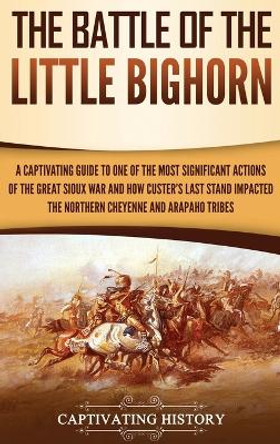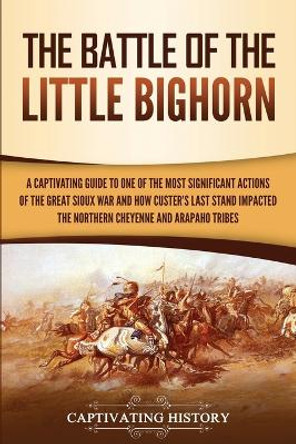Description
In June of 1876, the U.S. government's plan to pressure the Lakota and Cheyenne people onto reservations came to a dramatic and violent end with a battle that would become enshrined in American memory. In the eyes of many Americans at the time, the Battle of Little Bighorn represented a symbolic struggle between the civilized and the savage. Known as the Battle of the Greasy Grass to the Lakota, the Battle of Little Bighorn to the people who suppressed them, and as Custer's Last Stand in the annals of popular culture, the event continues to captivate students of American history.
In The Battle of Little Bighorn, Debra Buchholtz narrates the history of the battle and critically examines the legacy it has left. Through government documents, newspaper articles, and eyewitness accounts, Buchholtz situates the material and symbolic impact of the battle at the time. Using popular film and cultural references, she investigates the ways in which the wake of the event continues to shape the way students understand indigenous peoples, the Wild West, and the history of America.
About the Author
Debra Buchholtz is a lecturer in the Geography and Anthropology department at California State Polytechnic University.
Reviews
"Debra Bucholtz...combines historical analysis and primary documents-first-person accounts, army reports, and treaties- in a superb package... [this] monograph is a superb introduction to the memory of Custer's Last Stand at the Battle of the Little Bighorn." -Durwood Ball, University of New Mexico, USA
Book Information
ISBN 9780415895590
Author Debra Buchholtz
Format Paperback
Page Count 222
Imprint Routledge
Publisher Taylor & Francis Ltd
Weight(grams) 317g








